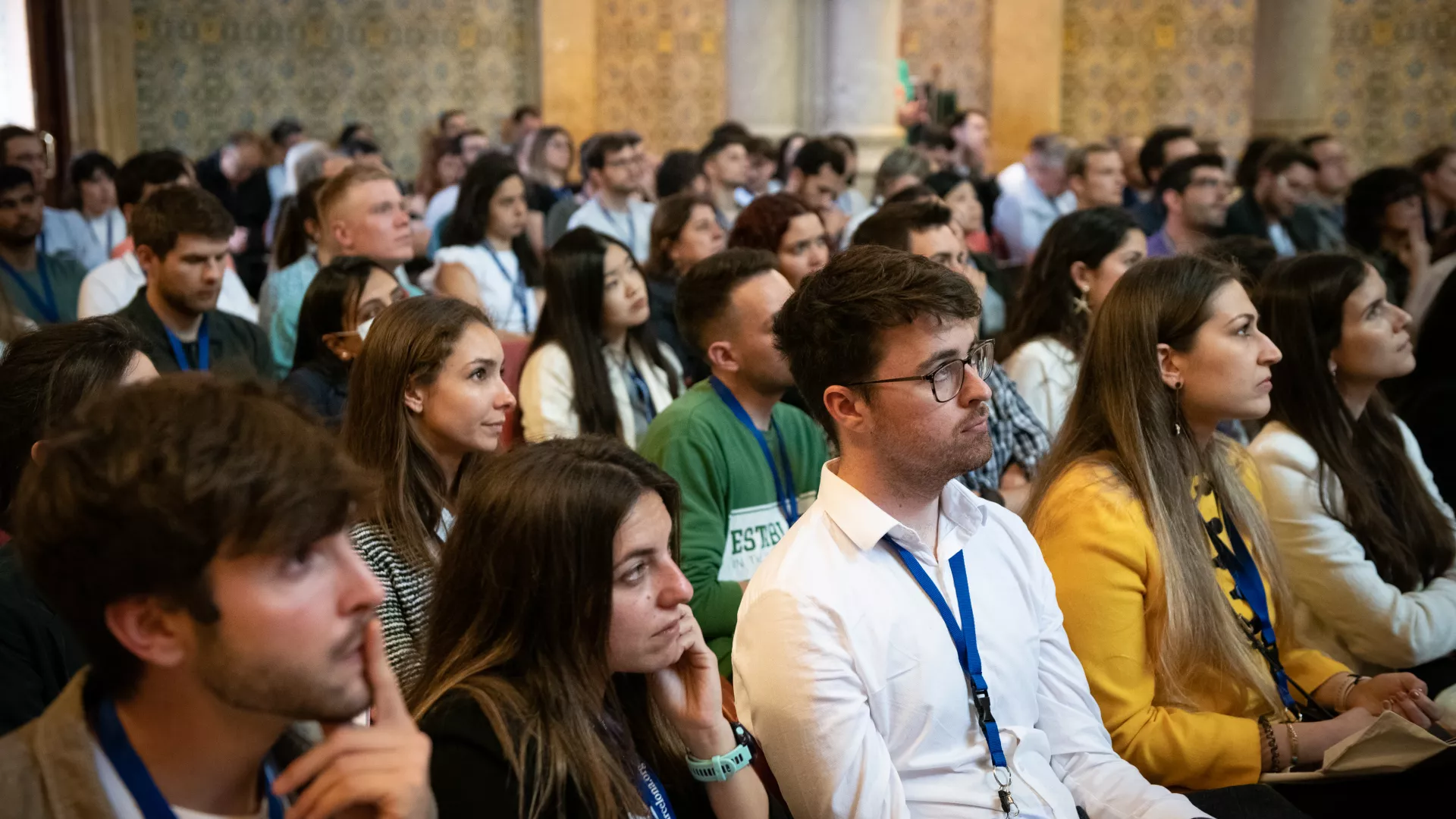Speaker: Dr. Amelie Baud
Group leader at Centre for Genomic Regulation (CRG), Barcelona, Barcelona, Spain
Presentation
Host: Dr. Toni Gabaldón, Group Leader - Comparative Genomics - IRB Barcelona
Node: Computational Biology
Date: Wednesday 24 May 2023, 12.00h
Place: Auditorium Room
IMPORTANT: For attendees outside the PCB community you must register at least 24h before the seminar.
Abstract
Genetics is traditionally understood as the study of how an individual's genotype affects the individual’s phenotype. However, in recent years it has become clear that genes in the environment are also important. Indeed, the phenotype of a focal individual can be influenced by the genetic makeup of other, interacting individuals such as family members and social partners (“indirect genetic effects”, IGE). IGE arise when (unknown) traits of the interacting individuals have a genetic basis and influence the phenotype of interest, measured in the focal individual. Similarly, genes of the microbiota can impact phenotypes of the focal individual (host), for example through the production of antigens, or certain metabolic capacities. Finally, there may be exchanges of microbiota between interacting individuals, creating a complex (genetic) ecosystem that can contribute to health or disease.
We are developing experimental and computational methods to study this ecosystem in outbred laboratory rodents. We found evidence that the genotypes of cage mates (peers) influence behavioural and immunological traits but also traits such as blood cholesterol levels and wound healing.We have started uncovering specific genes of cage mates involved (Epha4), and are using knock out models to dissect experimentally the mechanisms of social influence. We have also studied host/microbiome interactions in a sample of 4,000 outbred rats spread across three different locations (research institutes) to identify host/microbiome interactions that replicate across locations. We found bacteria that are affected by host genetic effects in laboratory rodents, including a genetic locus with a very large effect on Paraprevotella in all three research institutes studied. However, so far there is little evidence that these same bacteria also influence host phenotypes, suggesting that perhaps it is different sets of bacteria that are influenced by host genetic effects and that influence host phenotypes.

